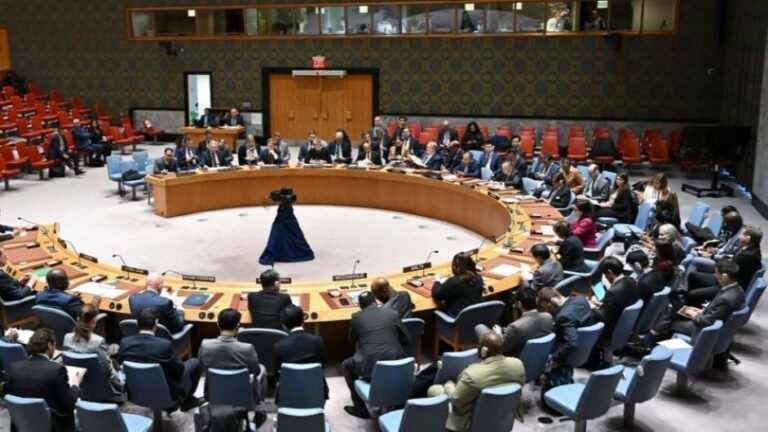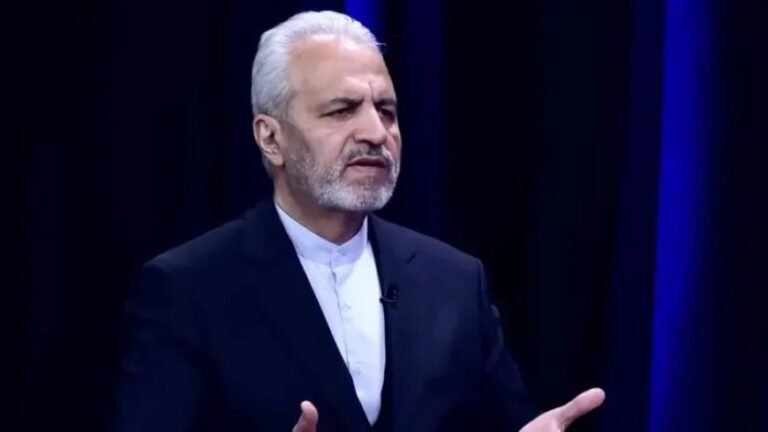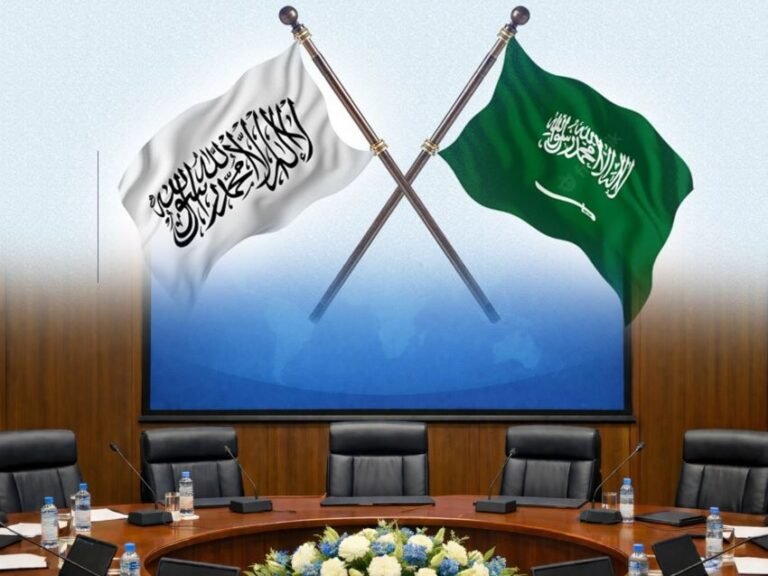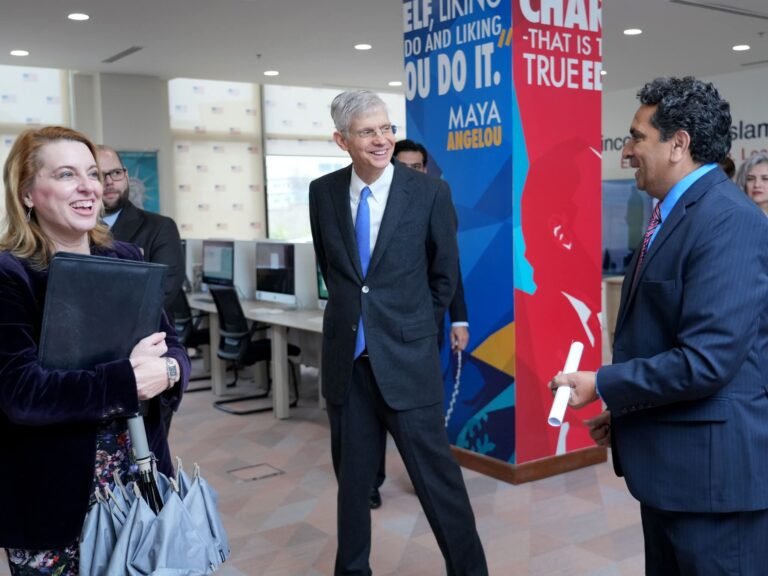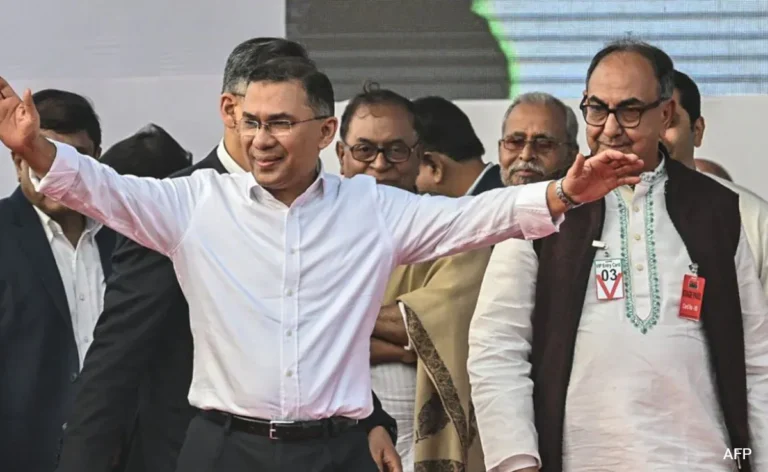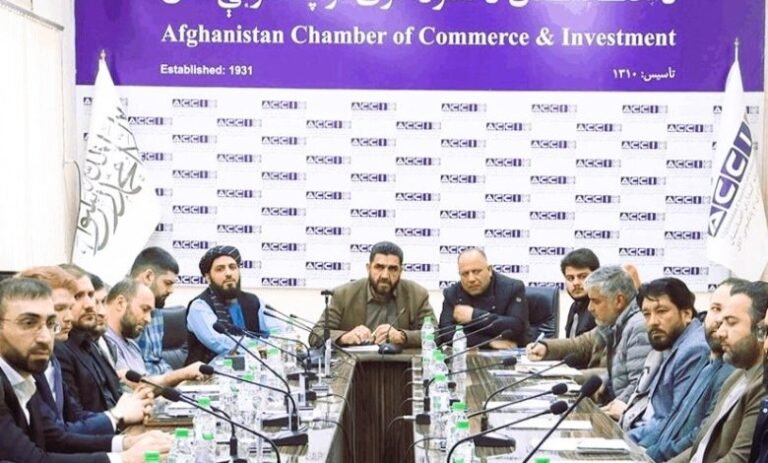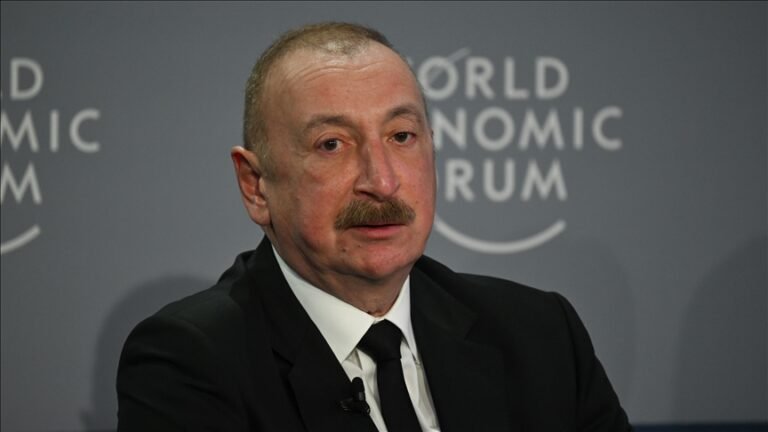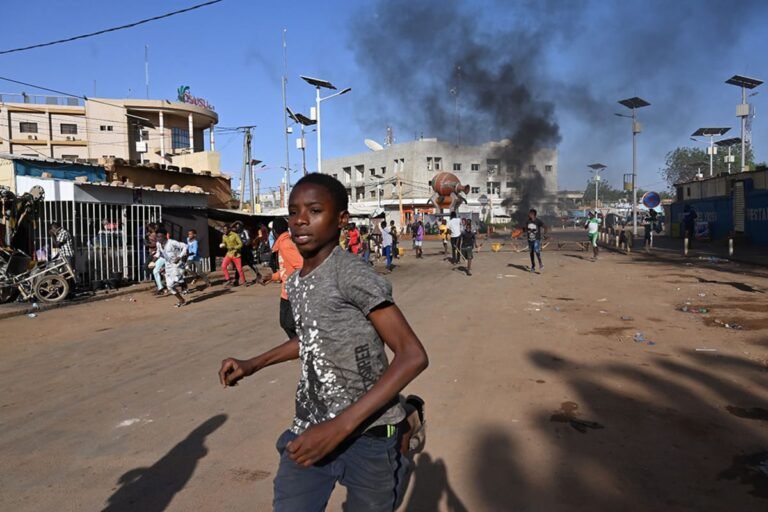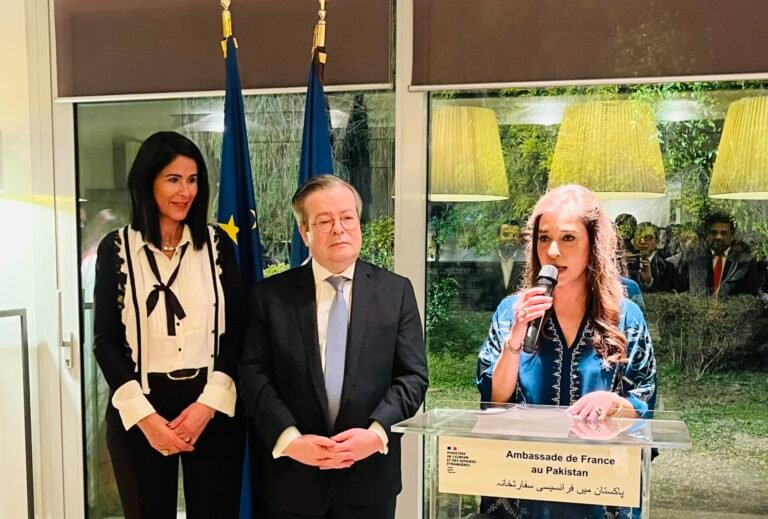New York, 4 April 2023 (TDI): The Permanent Representative of Denmark, Ambassador Martin Bille Hermann delivered a statement on behalf of Nordic countries, in the General Assembly Informal meeting of the plenary.
The meeting included intergovernmental negotiations on the question of equitable representation and an increase in the membership of the Security Council.
The Nordic countries support a balanced expansion of the 🇺🇳#SecurityCouncil from all regions to better reflect current global political & economic realities, and to ensure increased representation of developing countries🌍
— NorwayUN (@NorwayUN) April 3, 2023
🇩🇰🇫🇮🇮🇸🇳🇴🇸🇪 #UNGA Statement https://t.co/I1UfpQFrJG pic.twitter.com/Ru657P8os0
The statement was delivered on behalf of Nordic countries namely Finland, Iceland, Norway, Sweden, and Denmark. The Ambassador welcomed the opportunity for discussion on regional representation.
The particular concern was the current underrepresented geographical groups in the Council such as those of Africa, Asia-Pacific, Latin America, and the Caribbean.
The Nordic countries voiced their support for a balanced expansion of the Security Council from all regions. This will enable a better reflection on current global political and economic realities.
The statement also emphasized increased representation of developing countries particularly on permanent and non-permanent seats for Africa to redress the historical justice done to that region.
The Denmark Ambassador said that the Council will seek solutions by hearing and discussing the views and proposals put forward by colleagues from the three regions.
He further reminded the delegations of convergence captured in last year’s Revised elements Paper:
“Member States have expressed different views about the distribution of additional seats among the regional groups, but the majority of proposals call for the distribution of additional seats, whether non-permanent or permanent, to entail no less than 3 additional seats for African States, 3 for Asia-Pacific States, 2 for Latin American and Caribbean States, 1 for Western European and Other States, 1 for Eastern European States, and 1 for Arab States.”
The joint Nordic statement stressed enhanced representation not merely on quantitative terms but on qualitative as well.
The Ambassador asked the Council to provide opportunities for small states to participate in the decision-making processes of the UN Security Council.
Many of the UN states are small and many of which belong to three regions under discussion. Historically this global majority has represented a minority in the Council.
The reforms of expansion in the Security Council for the small states should be transparent, and fair and must have inclusive working methods.
The statement highlighted the dilemma regarding the powers of permanent members in a reformed Council, particularly the veto power.
The Nordic countries recognize the new members of the Council demanding the same powers as the sitting permanent members.
Also read: Baltic countries unify against Russia in support of Ukraine
Even so, the Ambassador also stated the commitment of Nordic countries to ensure a transparent, accountable, and effective Council. More in-depth discussion must be welcomed and carried out to redress the issue of delegating powers.
The Elements Paper serves as an important record of convergences and divergences across delegations’ positions. It is imperative to focus on points of convergence.
The Nordic countries are optimistic that the online repository of statements and webcasts will be of great value for maintaining forward momentum on Security Council reform.
The countries look forward to receiving the revised Elements Paper from the Co-Chairs reflecting progress made in this year’s IGN meetings.
Furthermore, the joint statement envisages future negotiations based on this text, reviewing the progress of the Security Council while focusing on areas of convergence and narrowing areas of divergence.



